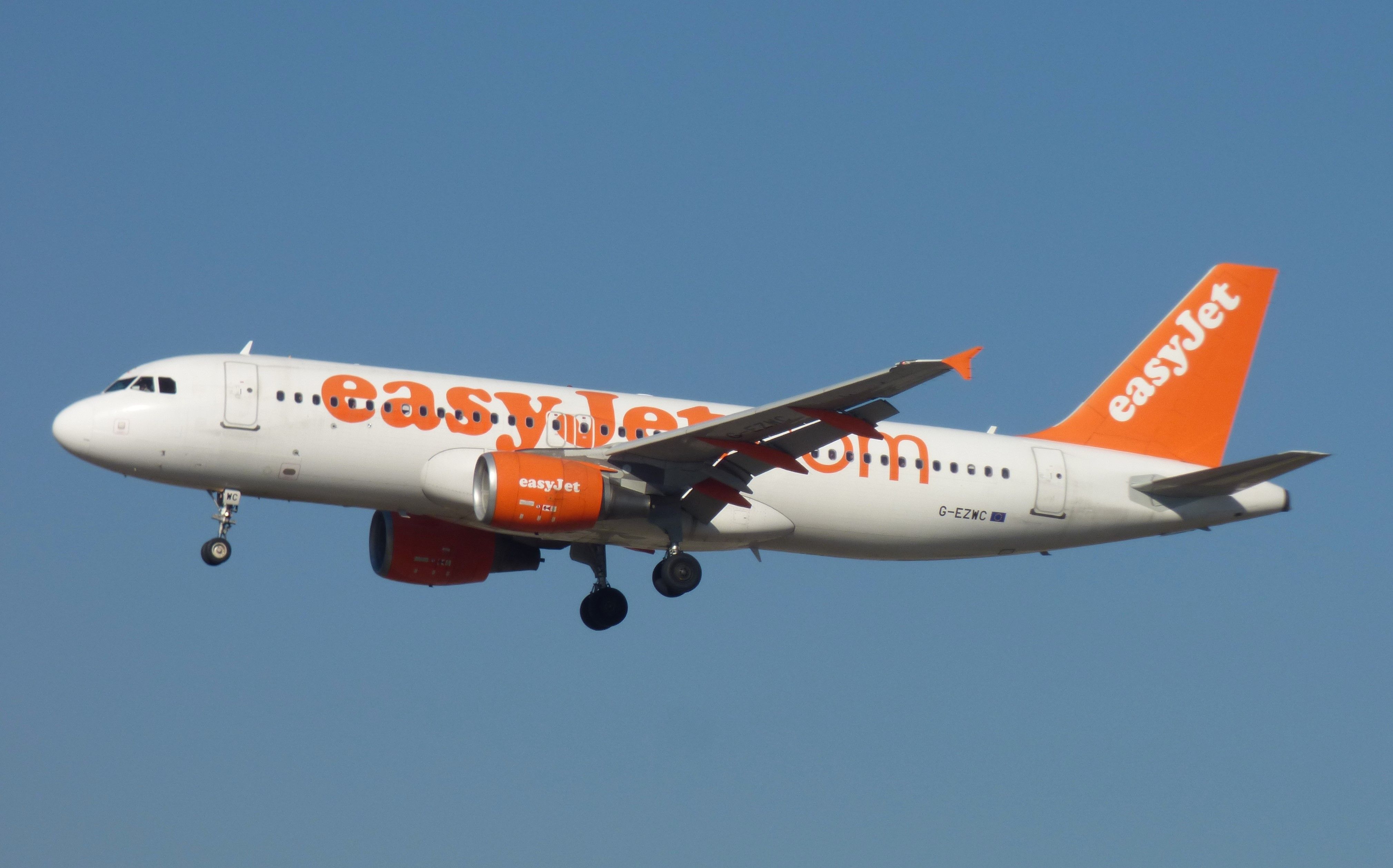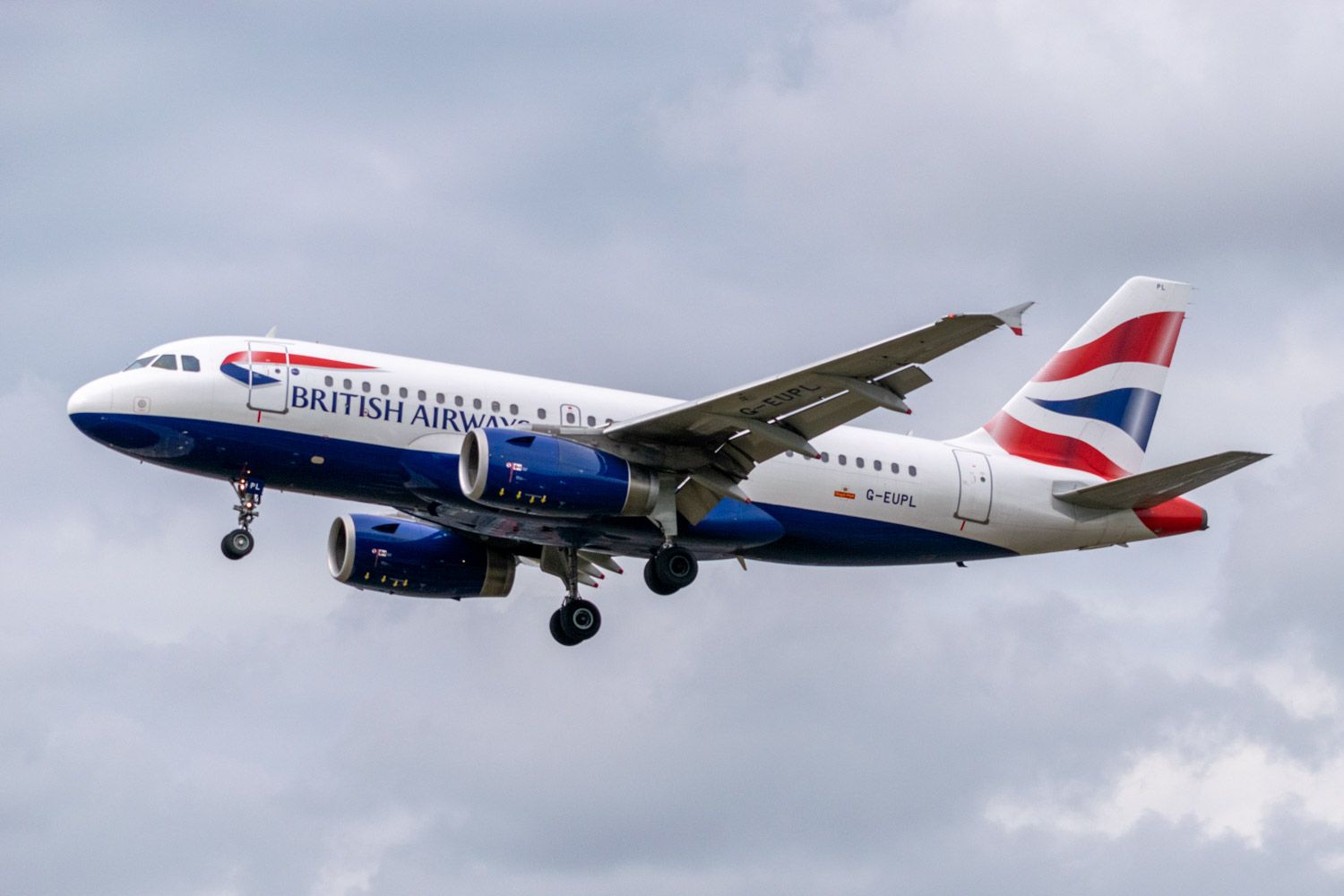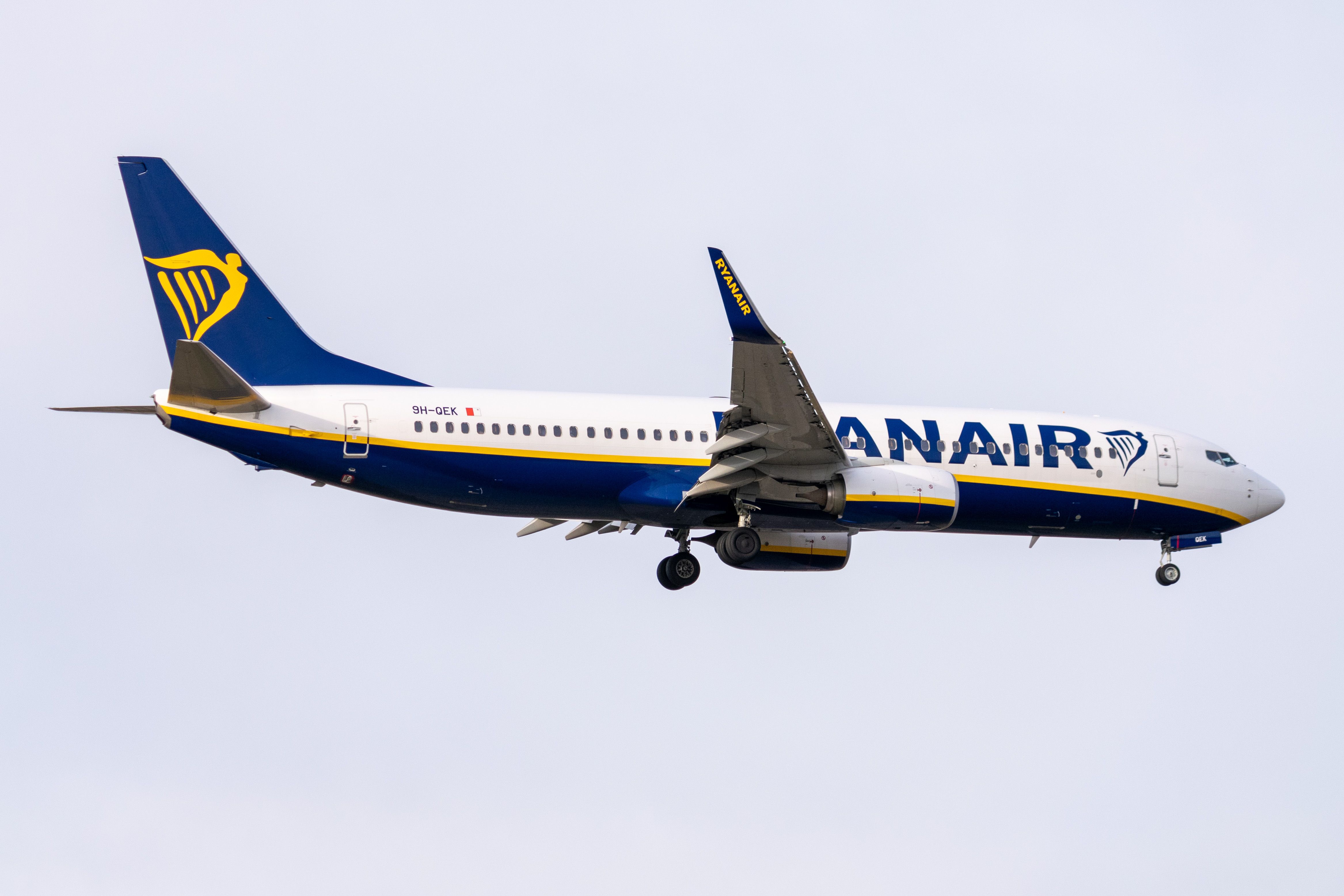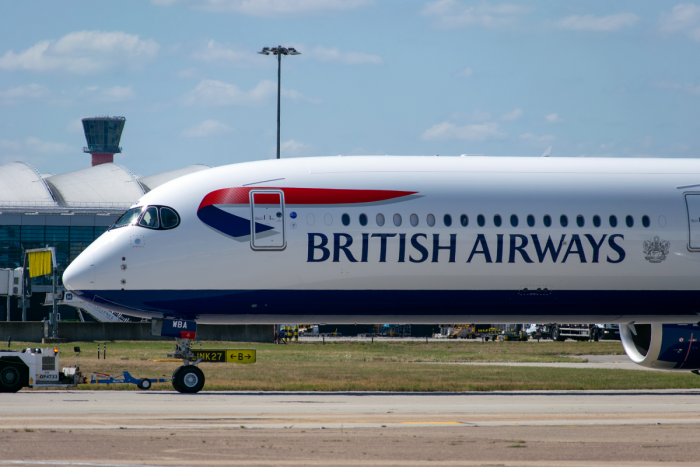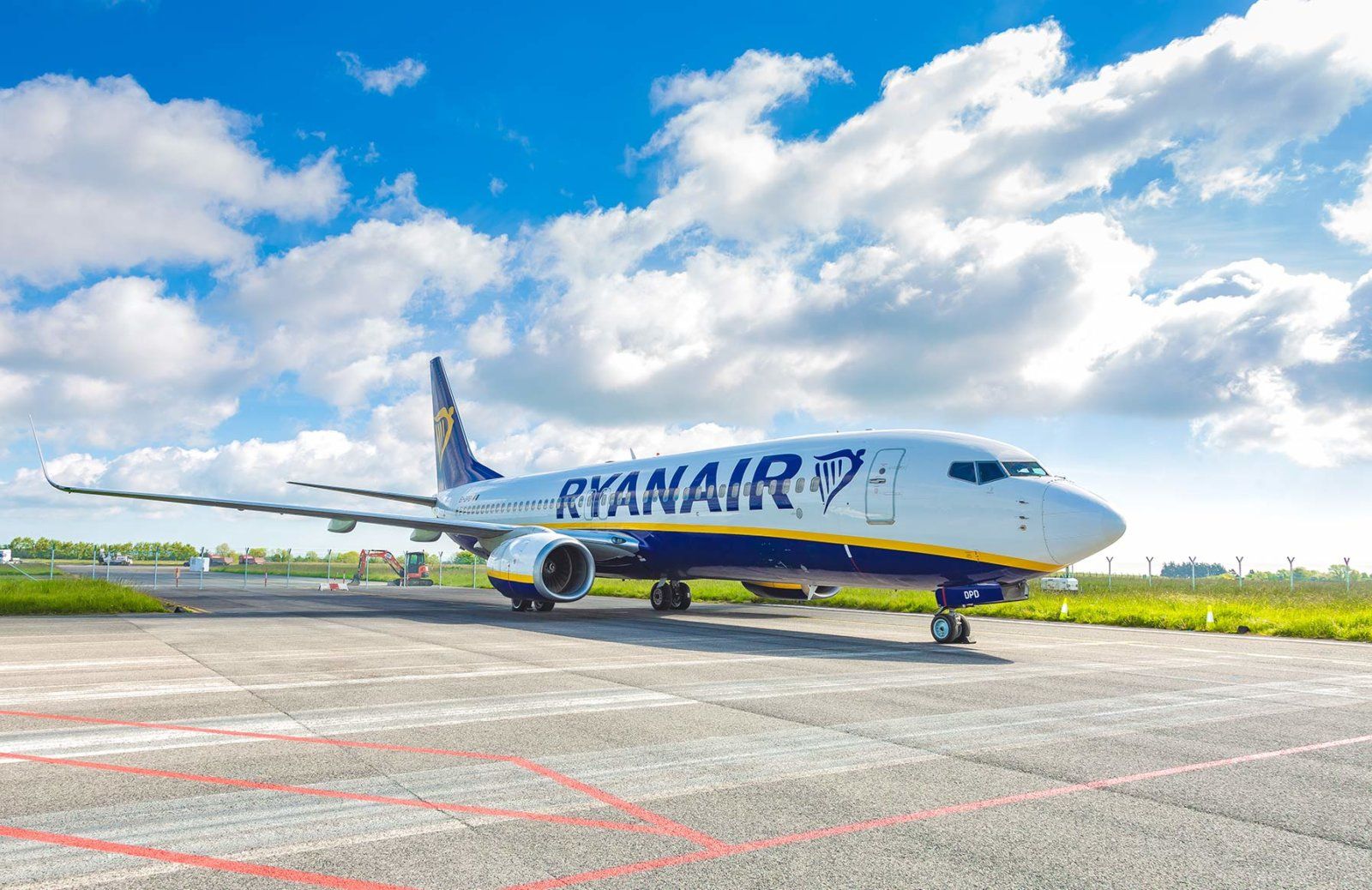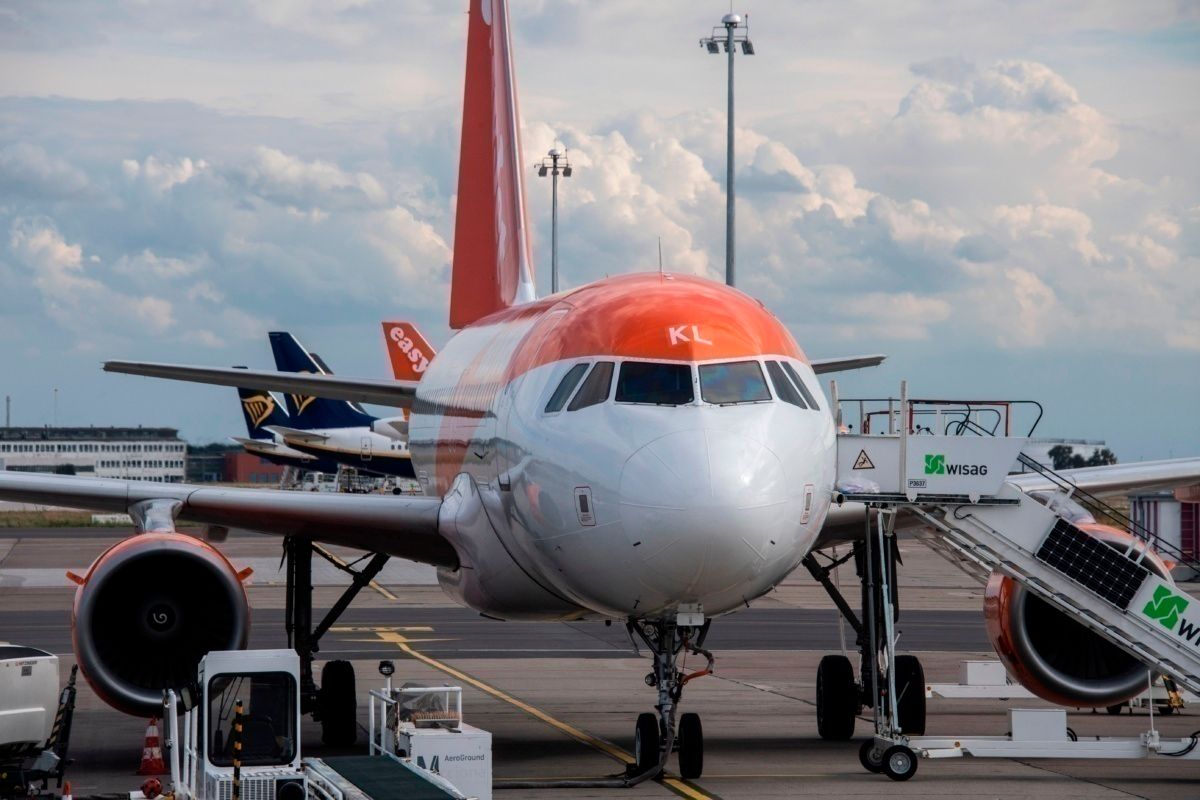The UK has agreed to a cut in passenger air travel taxes, something that low-cost air carriers have long been advocating for and which could save passengers substantial amounts on air travel. The UK government hopes that cheaper tickets will mean increased air travel, and that this, in turn, will boost the economy, providing additional funds and creating more jobs.
However, the tax cut is not unopposed. Environmentalists believe that the boost in air travel will harm the environment as it will promote an increase in carbon emissions as more travelers choose to fly instead of taking a more sustainable means of transit, such as a train.
Duty cut
The tax paid by all passengers will be reduced by half for all domestic flights within the UK starting on April 1st. Air Passenger Duty (APD) will be reduced to just under $8 for domestic flights. The tax cut was first proposed two years ago when air transit services were struggling, but has been a bone of contention with UK airlines for many years - particularly those servicing domestic flights.
The way APD works in the UK means that flights going to or from the UK and another country would only have to pay APD at one end. However, those operating UK to UK would have to pay the tax at both ends, making the cost of domestic passenger tickets much higher than in other European countries.
The new APD banding rates were outlined in the Autumn Budget 2021, and is set to come into force in a couple of weeks time. The domestic band will be set at £6.50 ($7.91), down from £13 ($15.82) previously. Although that's a win for short-haul fliers, the government is simultaneously peanalising those who take the longest flights, introducing a new ultra-long-haul band for flights of more than 5,500 miles. These passengers will pay £91 ($110) in economy class, and £200 ($243) in any other class.
Get the latest aviation news straight to your inbox: Sign up for our newsletters today.
Who will it help?
The upcoming tax reduction will likely benefit travelers initially as ticket prices will drop by an average of $8. While this may not seem like a significant change when booking with a standard carrier such as British Airways, when booking with an ultra-low-cost carrier like Ryanair, this could reduce ticket costs by roughly one-third.
Airlines are hoping that the reduction in ticket costs will lead to an increase in sales, which will allow carriers to bolster the domestic aviation market. Airlines including Ryanair, easyJet, and even British Airways, have stated that the tax reduction will be a boost to their operations.
According to The Guardian, a representative for the ultra-low-cost carrier easyJet previously stated the following concerning its predicted expansion,
"Our analysis shows that if domestic APD is reduced by 50%, this would support an overall 31% increase in domestic volume, to 10.6 million passengers."
What will it harm?
Environmentalists have stated that the increase in air travel will increase carbon emissions. While aircraft manufacturers are working to find ways to reduce emissions, modern aircraft continue to create high levels of pollution. These environmentalist groups claim that lowering the cost of air travel will encourage travelers to avoid using more efficient transportation services such as trains.
According to the UK's rail industry, carbon emissions could increase by over 27,000 tons annually. It could also lead to 220,000 fewer rail journeys every year. Should this happen, the rail industry will pay the price as many domestic flights will be cheaper than rail journeys.
What do you think of this passenger tax cut? Let us know in the comments below.
Source: The Guardian, Reuters

